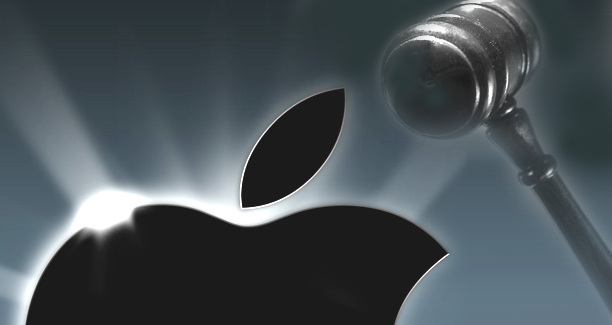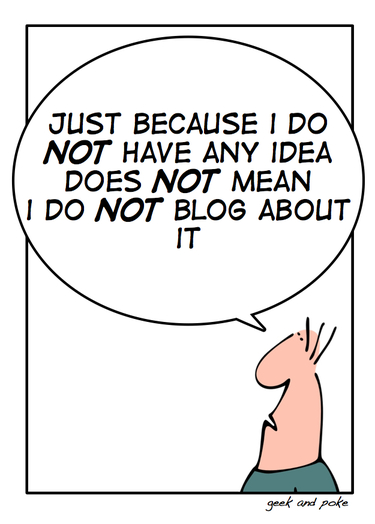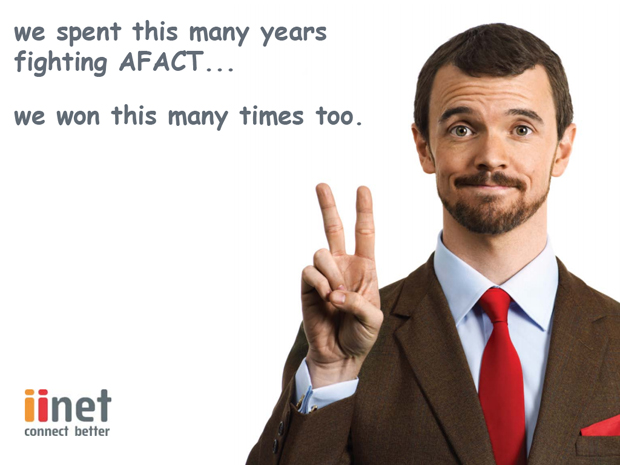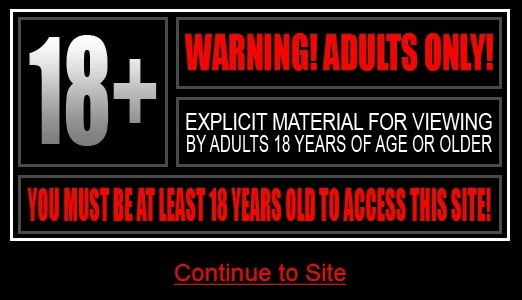
Last week a decision came out of a Montreal courtroom that will deny us the joy of possibly going to see some lawyer grill Mark Zuckerberg on the stand about money and Facebook. We haz a sad. That would have been awesome.

Last week a decision came out of a Montreal courtroom that will deny us the joy of possibly going to see some lawyer grill Mark Zuckerberg on the stand about money and Facebook. We haz a sad. That would have been awesome.

A few weeks ago a decision came out of a Montreal courtroom that could end up landing you some of that sweet, sweet Apple cash. You know, if you are into that sort of thing. Do you own an iPhone or iPad and live in Quebec? Continue reading!
When you want to sue someone on the internet, simply finding them to serve them documents can be a real pain in the ass. But now lawyers like me will have a new tool in their arsenal thanks (?) to Brian Burke. Service by… message board? Ok then.

As of today, there will be no electronic communications allowed from Québec courtrooms. Just like in the Middle Ages.
Yesterday there was a huge ruling in the Ninth Circuit Court of Appeals in California. Now normally we don’t write about U.S. internet law around here, but since the decision affects our favourite Canadian pirate, Gary Fung of isoHunt, we’re gonna make an exception. Especially because isoHunt is fucked.
 Well hello there. We’ve come to I guess what would be part 3 of my coverage of the pentalogy of Supreme Court cases on copyright. It will most likely be the final post, as the other two cases deal with non-internet stuff (education and movies, yawn) so really, who gives a crap? But Rogers v. SOCAN is chock full of plump internet juiciness, so let’s dive in!
Well hello there. We’ve come to I guess what would be part 3 of my coverage of the pentalogy of Supreme Court cases on copyright. It will most likely be the final post, as the other two cases deal with non-internet stuff (education and movies, yawn) so really, who gives a crap? But Rogers v. SOCAN is chock full of plump internet juiciness, so let’s dive in!
 And we’re back with Part Something in our coverage of the Copyright Pentalogy. Last time we took a look at what I called the most “internet-y” of the cases, SOCAN v. Bell. Today let’s take a look at maybe the second most “internet-y” case, Rogers v. SOCAN. Man, I sense a SOCAN trend. HOLD THE PHONE. I just read the case, and decided we’re going to look at ESA v. SOCAN instead. SOCAN trend indeed. Anyway, let me explain the change of heart.
And we’re back with Part Something in our coverage of the Copyright Pentalogy. Last time we took a look at what I called the most “internet-y” of the cases, SOCAN v. Bell. Today let’s take a look at maybe the second most “internet-y” case, Rogers v. SOCAN. Man, I sense a SOCAN trend. HOLD THE PHONE. I just read the case, and decided we’re going to look at ESA v. SOCAN instead. SOCAN trend indeed. Anyway, let me explain the change of heart.
 So you may remember back in December I wrote about the five copyright cases that were being heard in the Supreme Court. Well probably you don’t remember. ANYWAY, the decisions in the five cases (the “Copyright Pentalogy”) came down last week. And what do you know, they were all pretty much a big win for consumers, and for common sense. Yay, Supreme Court!
So you may remember back in December I wrote about the five copyright cases that were being heard in the Supreme Court. Well probably you don’t remember. ANYWAY, the decisions in the five cases (the “Copyright Pentalogy”) came down last week. And what do you know, they were all pretty much a big win for consumers, and for common sense. Yay, Supreme Court!
It’s really fucking hot, and I’ve got summertime to enjoy, so I have no desire right now to read all five cases. So I’ll be covering the cases (some of them?) over the next few weeks. If you just can’t wait, and you want to know about all five right now, go read Geist or Sookman. I’m sure they each have a team of students who read the cases for them. Me, I’m just one man. So let’s dig into one of the two most “internet-y” of the cases, SOCAN v. Bell, and see what rights for consumers have been affirmed by our esteemed judges.
 So with all the media whoring over the last couple of weeks, I have neglected to tell you all sorts of interesting stuff. You may have heard that Bill C-11 cruised through the Senate and received Royal Assent. Ugh. When it actually comes into force I’ll write about it again. Oh, and here’s a very interesting article about C-11’s effects on isoHunt.com, with juicy quotes from some internet lawyer guy.
So with all the media whoring over the last couple of weeks, I have neglected to tell you all sorts of interesting stuff. You may have heard that Bill C-11 cruised through the Senate and received Royal Assent. Ugh. When it actually comes into force I’ll write about it again. Oh, and here’s a very interesting article about C-11’s effects on isoHunt.com, with juicy quotes from some internet lawyer guy.
But what I missed that I really wanted to write about was a very interesting and important case that came out of the Federal Court of Canada, that is a real help for bloggers and other online journalists. Better late than never. Let’s take a close look at Warman v. Fournier (PDF), which allows for some significant copying of content on the internet. Yippee!
 A nice little case popped out of the Alberta Court of Appeal on Wednesday of this week. A couple of dudes at the University of Calgary were none too happy with a prof of theirs and took to Facebook to express their displeasure. The University was not pleased. Four years later, we’ve got a resolution. So can you say what you want on Facebook? Let’s find out.
A nice little case popped out of the Alberta Court of Appeal on Wednesday of this week. A couple of dudes at the University of Calgary were none too happy with a prof of theirs and took to Facebook to express their displeasure. The University was not pleased. Four years later, we’ve got a resolution. So can you say what you want on Facebook? Let’s find out.
 Ten days ago, there was a internet law case decided in Australia. Boy am I timely! But this case is HUGELY important, and as I am finally recovered from 4/20, I need to inform my three blog readers of what this case is all about. How can an Australian case be important in Canada? All will be explained in due course, dear reader, hopefully without any Vegemite jokes (well I guess one).
Ten days ago, there was a internet law case decided in Australia. Boy am I timely! But this case is HUGELY important, and as I am finally recovered from 4/20, I need to inform my three blog readers of what this case is all about. How can an Australian case be important in Canada? All will be explained in due course, dear reader, hopefully without any Vegemite jokes (well I guess one).
 Ah, internet porn. Is there nothing you can’t do? You see, if it wasn’t for the internet porn websites like https://www.watchmygirlfriend.xxx/, technology would be five years behind, and most likely internet law would be five years behind too. Because internet porn is so pervasive, because it involves internet payments, contracts, intellectual property and plenty more legal issues for people all over the world, a lot of cases end up in court. Above all, it is no secret that the adult entertainment industry is not going anywhere. With a diverse range of websites such as twinki.xxx satisfying desires for erotic content all over the world, the pornography sector has gone from strength to strength in recent years. Nonetheless, although internet porn is hugely popular, it is not without its issues. One such case released last week has some important lessons about jurisdiction over Canadian pornographers (ok, all companies) in an American court. Let’s take a look at the case and also use it for a little lesson about jurisdiction here in Canada (well, Quebec).
Ah, internet porn. Is there nothing you can’t do? You see, if it wasn’t for the internet porn websites like https://www.watchmygirlfriend.xxx/, technology would be five years behind, and most likely internet law would be five years behind too. Because internet porn is so pervasive, because it involves internet payments, contracts, intellectual property and plenty more legal issues for people all over the world, a lot of cases end up in court. Above all, it is no secret that the adult entertainment industry is not going anywhere. With a diverse range of websites such as twinki.xxx satisfying desires for erotic content all over the world, the pornography sector has gone from strength to strength in recent years. Nonetheless, although internet porn is hugely popular, it is not without its issues. One such case released last week has some important lessons about jurisdiction over Canadian pornographers (ok, all companies) in an American court. Let’s take a look at the case and also use it for a little lesson about jurisdiction here in Canada (well, Quebec).